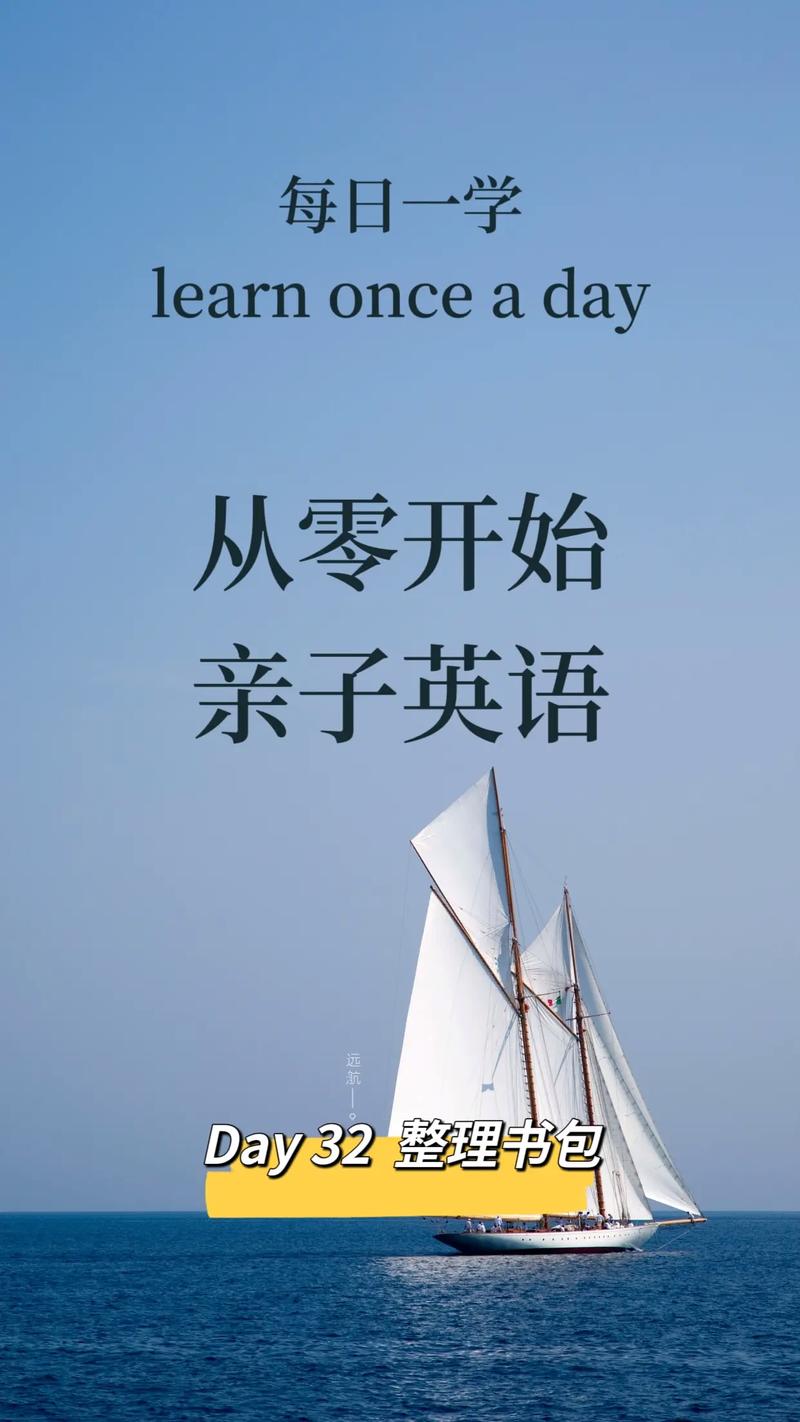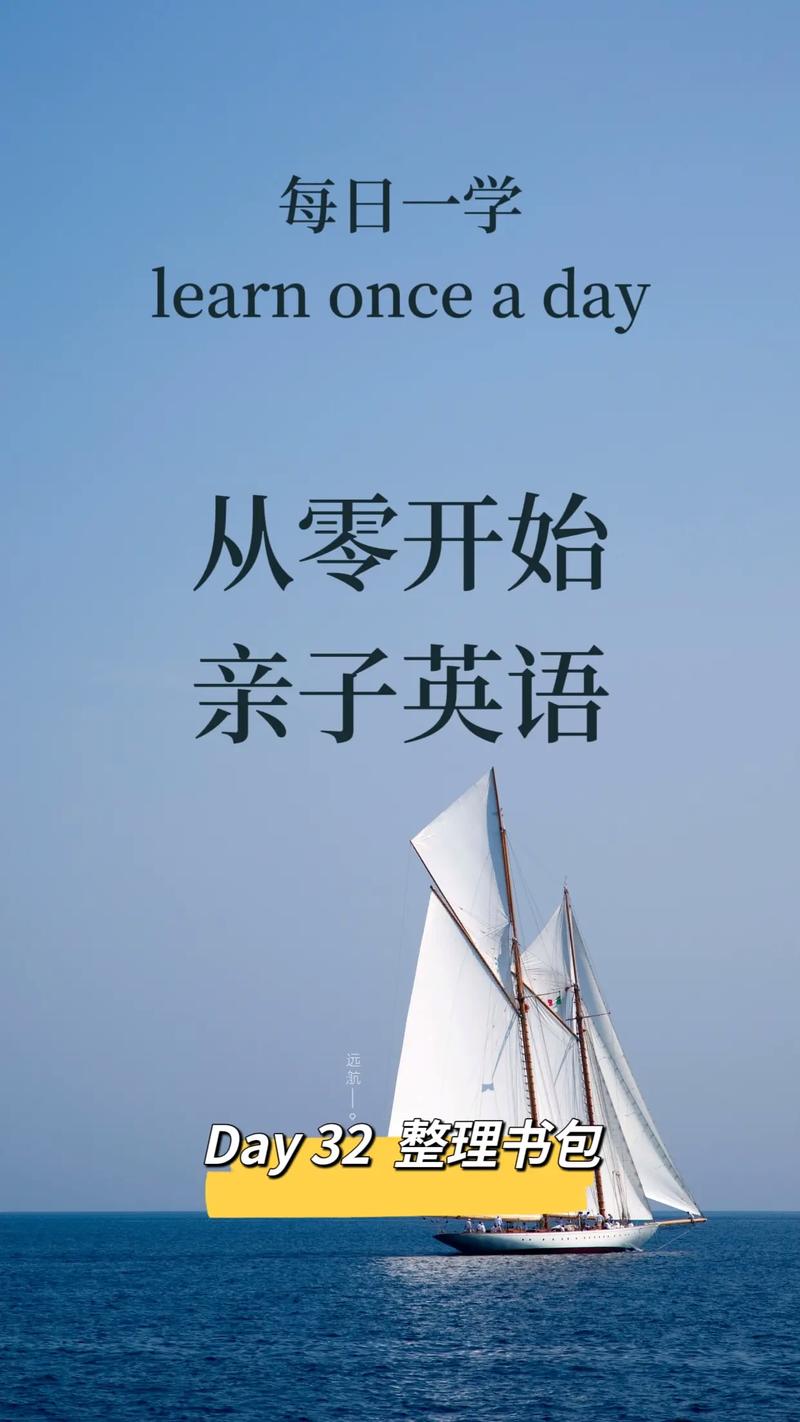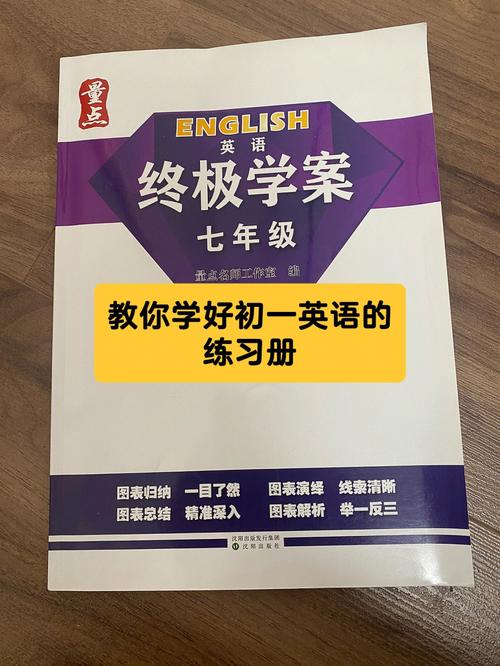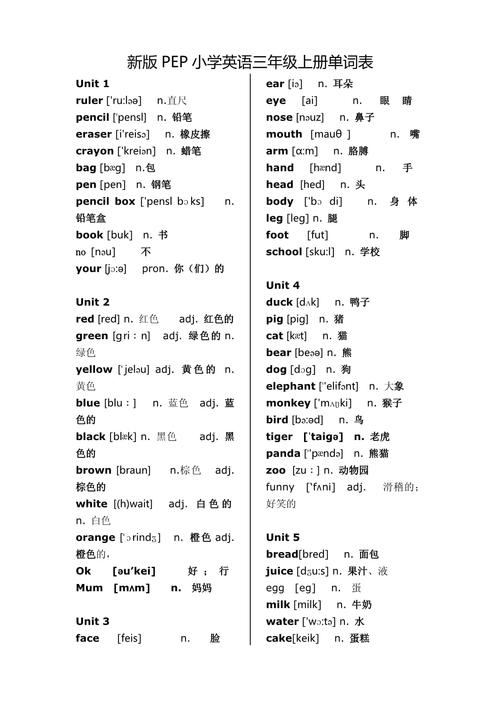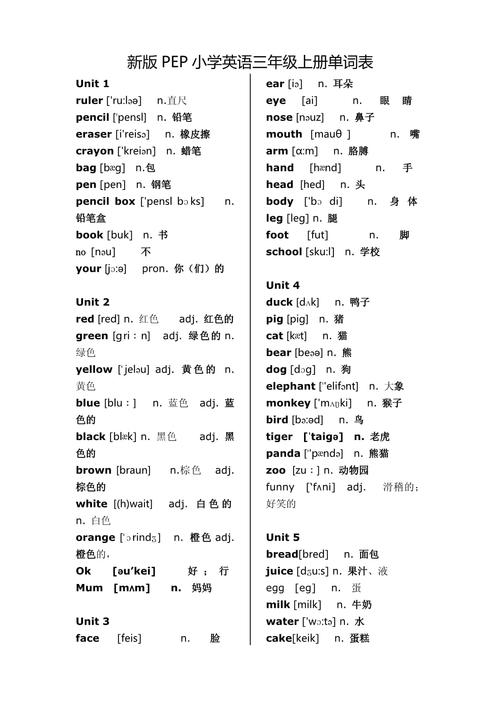
初一年级关于元宵节的英语作文
元宵节的英语作文_第1篇:
"The fifteenth day of the first make yuanxiao", every year after the Spring Festival of the fifteenth day of the first lunar month is the Lantern Festival, also called "Lantern Festival" and "the Lantern Festival", is China since ancient times in another 20xx years of history of folk traditional festival.
The Lantern Festival originated from the western han dynasty. From han, hui emperor after the death of bossiness, hanshu usurp appointed a large number of lushi cronies, the eunuch in power. Emperors died, in 179 BC, the Chinese emperor reign, with help from old loyal subjects to seize the debate, on the fifteenth day, every swept away the lv remnants. Because the ancient "night" and "night" synonymous. In the first month, also called "January", in order to commemorate the fifteenth day of this day, Chinese emperor is this day would be a "Lantern Festival". From then on, the sui and tang, to the tang dynasty lung-chi lee, to show the datang prosperous, peaceful country and safe people, by using the ancient customs, every day "Lantern Festival", decorating and celebrating carnival, "a song and spring like the sea, thousand door light night like day", make the holiday more flourish.
During the festival, the light splendour, attraction, as the tang dynasty poet zhang depicted: "taiping calyx rain before the building is new, changan town. Bit I thousand lamp flame dragon, long live the chicken foot lotus spring". Li shangyin's poems said: "the moonlight light emperor city, full of cars treasure chariot to spill the thoroughfare", depict the grand scene view when traffic lights. Spread to the song dynasty, in this day night hanging lanterns scale of joy more pomp, adornment modelling is more exquisite lanterns, Lantern Festival bring people more joy, more light. Poet su dongpo had did: "home of lamplight, strike in floor". Big words men xin qiji also had a famous words: "or spend the night of dongfeng, more trees, stars like rain. BMW carving car perfume road. The wind sound moving, horse-ray turn, night fish dragon dance." These poems depict the city lanterns fang, Lantern Festival night, music, song and dance sheng spectacle. In the qing dynasty, according to the Kyoto customs' records: the taiping years every year, the Lantern Festival is in the qing dynasty: "JieWei lane, bead light star cloth hanging, her honey haired day", "prince guests, aspects of children, the whole stay, GuangDeng" means, so the Lantern Festival lamp lively scene.
In modern times, this custom down from generation to generation, is still enduring. Ordinary families are hang in front of the door and the room lights, lanterns, family reunion, sitting together, watching lanterns that watch a flower eat yuanxiao, a symbol of "happy happy reunion, harmony harvest", at the same time, the day also marks the last scene is the Spring Festival joy, finished bright for "Lantern Festival", finished you truly for the Spring Festival.
Song dynasty poet OuYangXiuShi yue: "last year yuanxiao, flower market light as day. On the month LiuShao head, about dusk after people." In this lamp as well as good month reunion festival holidays, meet friends and family reunion, already is one of the important custom folk celebrating the Spring Festival. If when they were reunited in both hands to a handful of flowers, carrying a basket of flowers, let beautiful delicate and charming flowers sent a lucky and happy happy good luck, will add to friends very happy mood, should choose the moral meimei, ruyi auspicious flowers, such as the red flamingo flowers, branches hanging like red firecrackers fireworks flower, bright maidenhair, symbol of bright and beautiful spring silver willow, flashes of light white stars all over the sky star, will show a peaceful atmosphere of happiness, for family and friends to send a year auspicious wishes of happiness.
“正月十五闹元宵”,每年春节过后的农历正月十五是我国的元宵节,又叫“灯节”和“上元节”,是中国自古以来就在民间流传的另一个已有20xx多年历史的传统佳节。
元宵节起源于西汉王朝。相传汉惠帝死后飞扬跋扈的吕后篡权,任用了大量吕氏亲信,宦官当权。吕后死后,公元前179年,汉文帝在老忠臣协助下登基,博采众议,在正月十五这天,一举扫除了诸吕残余势力。因古代“夜”与“宵”同义。正月又叫“元月”,为了纪念正月十五这一天,汉文帝就将此日定为“元宵节”。从此,经隋至唐,到唐玄宗李隆基时,为显示大唐兴盛,国泰民安,逐沿用旧俗,每到“元宵节”这天,张灯结彩,欢庆狂欢,“一曲笙歌春如海,千门灯火夜似昼”,使这一节日更加兴盛。
节日期间,灯月交辉,游人如织,正如唐代诗人张说所描绘的:“花萼楼前雨露新,长安城里太平人。龙衔火树千灯焰,鸡踏莲花万岁春”。李商隐的诗曰:“月色灯光满帝城,香车宝辇溢通衢”,描绘了当时观灯时车水马龙的宏大场面。流传到宋代,在元宵之夜悬灯欢乐的规模更加盛况空前,花灯的装饰造型也更精美,灯节带给人们更多欢乐,更多光明。诗人苏东坡有诗云:“灯光家之有,笙歌处之楼”;大词人辛弃疾也曾有著名词作:“东风夜放花千树,更吹落,星如雨。宝马雕车香满路。风箫声动,玉壶光转,一夜鱼龙舞。”这些诗词描绘了当时元宵佳节满城花灯齐放,通宵达旦,歌舞笙乐的壮观场面。到了清代,据《京都风俗志》记载:清代太平年间每年元宵节都是:“通街委巷,灯光星布珠悬,皎如白昼”,“王孙贵客、士女儿童,倾城出游,谓之逛灯”,由此可见元宵节观灯的热闹场面。
到近代,这一习俗代代流传,至今仍经久不衰。老百姓家家户户都在门前和屋内悬挂彩灯、大红灯笼,全家团圆,围坐一起,观花赏灯吃元宵,象征着“团圆美满,丰收和睦”,同时这一天还标志着是春节欢乐的最后一幕,热热闹闹过完了“元宵节”,才算是真正过完了春节。
宋代诗人欧阳修诗曰:“去年元宵时,花市灯如昼。月上柳梢头,人约黄昏后。”说明在这灯好月明人团圆的喜庆佳节里,亲朋好友相约团聚,早已是民间庆春节的重要习俗。如果在团聚时捧去一把鲜花,携带上一个花篮,让美丽娇艳的鲜花送来一个吉祥幸福的欢乐好运,会给朋友相聚增添无比欢乐的心情,这时应该选用寓意团团美美、如意祥瑞的花材,如火红的火鹤花、满枝悬挂形似红爆竹的炮仗花、鲜艳的孔雀草、象征明媚春天光明的银芽柳、闪烁洁白繁星的满天星等,都会展现出一片祥和安乐的氛围,为亲朋好友送去一年吉祥幸福的祝愿。
元宵节的英语作文_第2篇:
The fifteenth day of the first like year, the family is not only to reunite and then eat dinner, evening also particularly lively, a rally playing dragon lantern and lion dance, and guess riddles, fireworks and other community activities.
The fifteenth day of the first in the north also have very busy, as the fourteenth year eat meal again, and then continue to three days after years (for small the first 15 and 16 for small 2, 17 for small 3). Until the 18th day, people began to put into normal production work.
Regardless of the south north, the fifteenth day of this day have a family reunion to eat yuanxiao. "Yuanxiao" name of the food, is said to have appeared in the early yuan dynasty, because people are used to eat it in the night of the Lantern Festival.
Yuanxiao, like the rice cakes of the Spring Festival, the Dragon Boat Festival dumplings are festive food. Yuanxiao is symbol of family reunion like full moon, good wishes of the people for the future life. Yuanxiao "tangyuan" "mariko" and "water circle" "soup pill" "floating mariko" lactose mariko ", "business" wing "is the name a person, is made from glutinous rice, or solid, or with stuffing. Fillings such as bean paste, sugar, hawthorn, boiled, Fried, steamed, Fried can.
正月十五得像大年三十一样的重视,一家人不仅要团聚再吃顿年夜饭,夜晚还特别热闹,有集会玩龙灯、舞狮、旱船、猜灯谜、放焰火等各项社团活动。
北方的正月十五同样也过的热闹非凡,把正月十四当作大年三十再吃顿年饭,然后再继续过三天的年(十五为小初一,十六为小初二,十七为小初三)。直到正月十八,人们才开始投入到正常的生产工作中去。
不管南方北方,正月十五这一天都要合家团聚吃元宵。“元宵”这种食品名称,据说出现于宋末元初,是因为人们习惯在上元节之夜吃它的缘故。
元宵和春节的年糕、端午节的粽子一样,都是节日食品。吃元宵象征家庭像月圆一样团圆,寄托了人们对未来生活的美好愿望。元宵称“汤圆”“圆子”“水圆”“汤丸”“浮圆子”“乳糖圆子”,生意人美其名为“元宝”,由糯米制成,或实心,或带馅。馅有豆沙、白糖、山楂等,煮、煎、蒸、炸皆可。
上一篇:初一英语作文范文 我的朋友
下一篇:以我的房间为话题的初一英语作文

